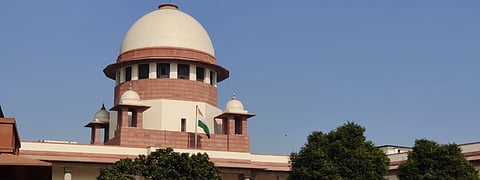
- News
- Columns
- Interviews
- Law Firms
- Apprentice Lawyer
- Legal Jobs
- हिंदी
- ಕನ್ನಡ

The Supreme Court today refused to halt the November 9 e-auction of coal blocks in Jharkhand, while clarifying that any action of the Centre "in the will be subject to its orders.